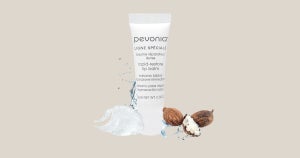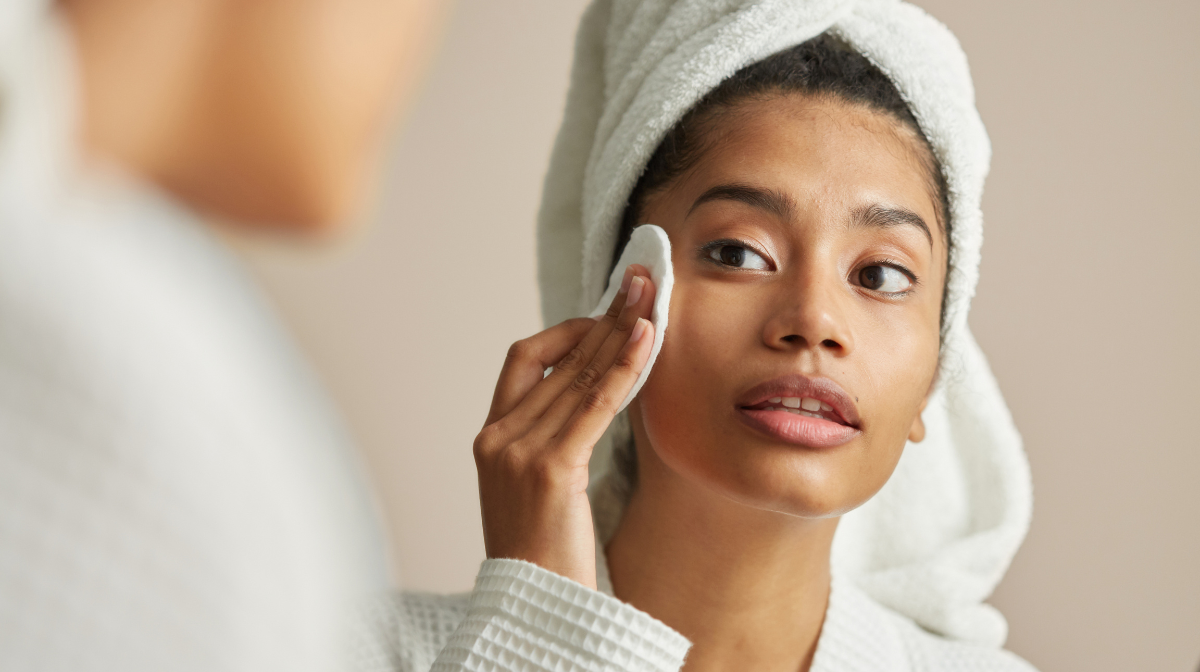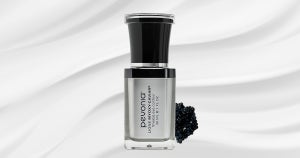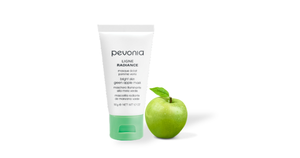
You’ve seen it featured in countless skincare routines, but should you exfoliate your face?
With so much conflicting advice on chemical vs. physical and daily vs. weekly, it can be hard to know what’s best. But, once you find the right formula and schedule for your skin type, it could help you to achieve a more balanced, radiant complexion.
Here’s our expert guide to getting it right.
Physical vs. Chemical Exfoliation
What should you exfoliate your face with? Well, not all exfoliants are the same, and finding the one that suits your skin can be difficult.
Chemical exfoliants usually feature topical acids such as salicylic or glycolic, which visibly refine tone, and texture for a smoother, more youthful-looking complexion.
From mild, over-the-counter options to prescription-strength formulas, they’re designed to support a visibly balanced, refreshed appearance.
Physical exfoliants, on the other hand, use gentle abrasives to help buff away surface build-up. This includes washcloths, brushes, gloves, and scrubs containing natural ingredients like sea salt.
While these tactile applications may not be as active as chemical options, they work to reveal softer, more radiant-looking skin with continued use.
The Benefits of Exfoliating Your Face
There are many benefits of exfoliating your face; when done correctly, it helps to balance, clarify, and soften your skin.
Promotes Balanced Skin
By working to gently renew the skin’s surface, exfoliating supports a balanced-looking complexion.
It helps to stimulate cell-turnover, visibly refining areas prone to dryness or excess oil and revealing a smoother, even-looking finish.
Enhances Radiance
A radiant, luminous look is a well-known benefit of exfoliating your face.
By lifting away build-up, it works to unveil a surface that appears dewy and refreshed.
Improves Product Absorption
A clean canvas is essential to getting the most from your skincare routine, and exfoliating helps to support this.
Gently clearing away the layer of impurities and build-up on your skin’s surface could allow your serums and moisturizers to absorb more effectively.
Leaves Skin Feeling Softer
Exfoliating could help your skin feel noticeably smoother and more conditioned – by buffing away any unwanted build-up, it works to reveal a softer texture underneath.
Chemical exfoliants, in particular, may also support a firmer-looking more moisturized base by helping to increase collagen content.
Helps Achieve Clearer-Looking Skin
Achieving a clear-looking complexion starts with keeping pores free from congestion, and exfoliation helps to do just that.
Chemical formulas work to lift away impurities and build-up, visibly clarifying the skin’s surface and supporting blemish-prone profiles.
How Often Should You Exfoliate Your Face
If you’re wondering how often you should exfoliate your face, it depends on your skin type and tolerance.
Generally, oily or combination profiles may be exfoliated around two to three times per week. However, to help minimize discomfort, dry profiles should be exfoliated once a week or less.
Pay attention to how you respond – if you notice any signs of irritation, it’s best to reduce the frequency, take a break, or switch to a gentler formula.
When Should You Exfoliate Your Face?
Knowing when to exfoliate your face in your skincare routine could make all the difference in how effective your chosen formula is.
It’s generally recommended to do so after cleansing, but before applying serums and moisturizers. This helps to create a clean, refreshed base that allows your skincare products to absorb and perform more effectively.
What Should You Exfoliate Your Face With?
The key is choosing the right ingredients for your unique needs, as this could help you achieve results without disrupting balance or comfort.
Here’s our recommendations, based on skin type:
Oily Skin
If your skin produces excess oil, exfoliation could help to refine texture and support a clearer-looking complexion.
Ingredients like salicylic acid work to lift away build-up, while reducing congestion and shine.
Combination Skin
Balancing both dry and oily areas can be tricky, but exfoliation helps to smooth uneven skin texture and maintain harmony.
Using a mild chemical exfoliant could encourage a balanced, more even-looking base. Lactic acid is a gentle choice that visibly smooths the surface and softens fine lines.
Dry Skin
If your skin feels tight or flaky, exfoliation may refresh the surface while maintaining comfort.
Polyhydroxy acids (PHAs) or enzymes are suited to easily irritated skin, as they work to smooth and soften fine lines while supporting moisture.
So, should you exfoliate your face?
When suited to your skin type and done correctly, exfoliation could help to enhance radiance, smooth texture, and support a healthy, youthful-looking complexion.
Ready to add it to your routine? Explore our skin exfoliators and peels today.

Related Articles







